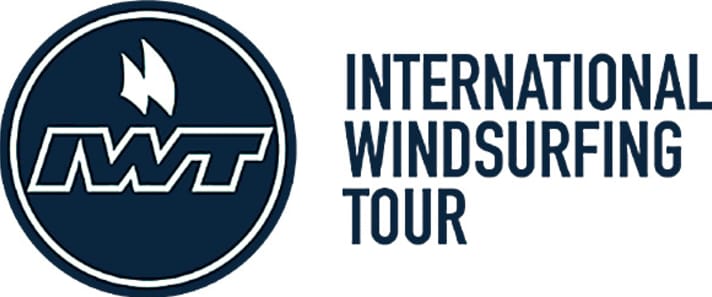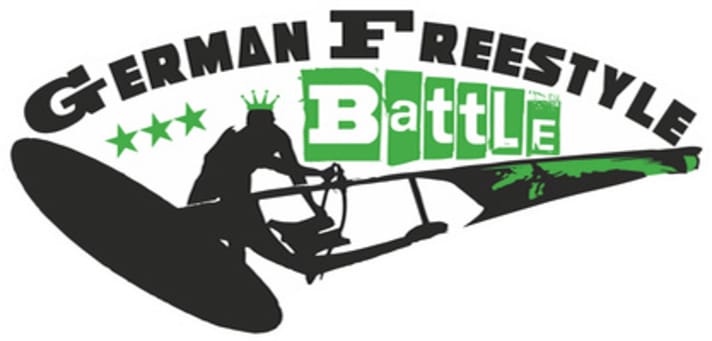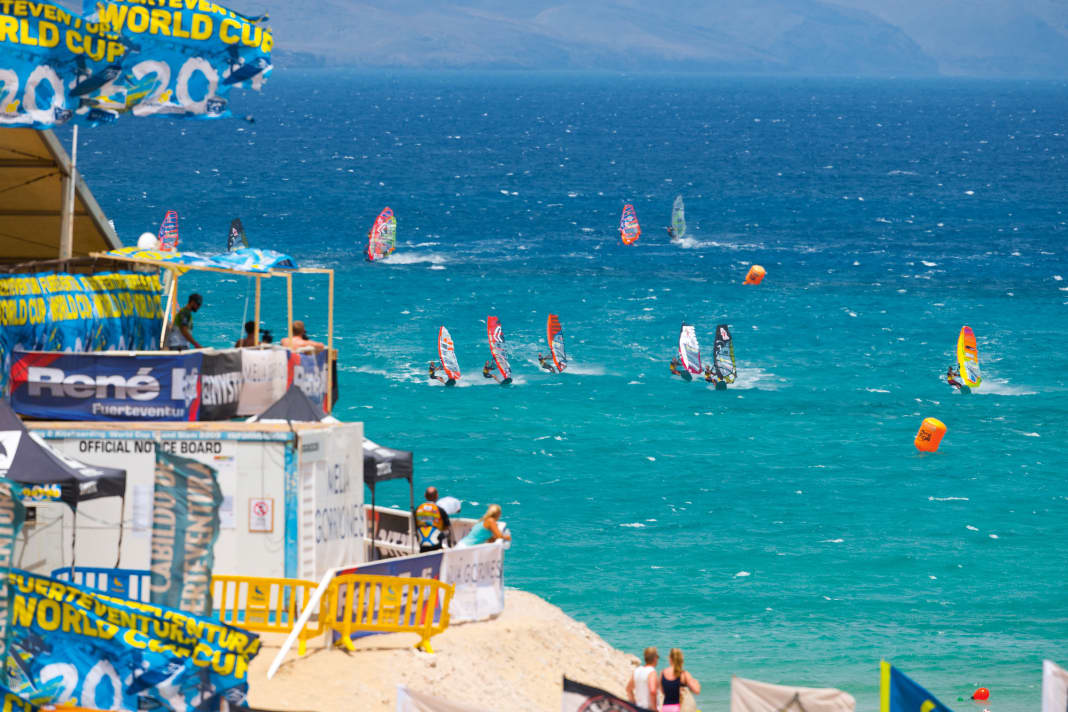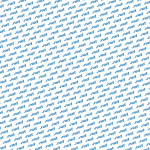In this article:
- World Sailing
- German Sailing Association (DSV)
- Professional Windsurfers Association (PWA)
- International Funboard Class Association (IFCA)
- German Windsurfing Cup (DWC) and German Windsurfing Association (GWA)
- International Windsurfing Tour (IWT)
- European Freestyle Pro Tour (EFPT)
- German Freestyle Battles (GFB)
- Racer of the Sea
- International Formula Windsurfing Class Association (IFWCA)
- iQFoil Class
- International Speed Windsurfing Class (ISWC)
- German Speedsurfing Association (VDS)
- Techno 293/Techno Wind Foil
- International Raceboard Class (IRC)
- International Windsurfer Class Association (IWCA)
- KONA One Design
- Div. II Class Association (ID2DA)
- International Tandem Windsurfer Class Association (ITCA) and German Tandem Windsurfer Class Association (DTK)
- International Windsurfing Association (IWA)
- Windsurfing Austria
- Swiss Windsurfing
World Sailing
All sailing and windsurfing organisations are overseen by the World Sailing Association based in London, to which the national sailing associations are affiliated. It sets the competition rules, authorises the world championships and continental competitions (e.g. European Championships), recognises the various international sailing and windsurfing classes and, as a professional association recognised by the International Olympic Committee (IOC), can also decide on Olympic sailing. This means that World Sailing decides on Olympic windsurfing with board and discipline.
German Sailing Association (DSV)
In Germany, the German Sailing Association (DSV) in Hamburg organises the events. The DSV manages the members, including contributions, organises the championships, promotes young talent and maintains the performance squads with their coaches. The respective sailing and surfing clubs are affiliated to it, as are the various class associations.
In windsurfing these are:
- German Windsurfing Association (GWA)
- German Windsurfing Association (DWSV)
- German Speedsurfing Association (VDS)
They organise the sport in their respective board classes and disciplines.
Professional Windsurfers Association (PWA)
The World Cup was launched in 1983 by a pool of manufacturers, which later evolved into a riders' association. In 1996, the Professional Windsurfers Association (PWA) emerged from the over-indebted Professional Boardriders Association (PBA) and is responsible for the PWA World Tour, which is commonly referred to as the World Cup. The name itself makes it clear that the riders organise themselves in the PWA. Since the beginning, one discipline, the thrilling slalom, has always been on the programme. The PWA is classified as a "Special Event" by World Sailing, which means that it is recognised and may award official world championship titles, but at the same time enjoys relatively great freedom in terms of rules and disciplines. One example of this is the "no rules" rule in slalom, which does not exist in other classes.
Within the PWA, the old country abbreviations (e.g. G for Germany or K for Great Britain) as well as the Olympic nation abbreviations (GER or GBR) are still in use for the sail numbers. The reason for this is that the waveriders and freestylers in particular like these short numbers in their small sails, whereas the official sail numbers are mainly seen in the large cloths of the slalom racers.
While there used to be an overall title, since 2001 only the world champions of the individual disciplines have been crowned.
Slalom
In 2020, the slalom, which is mainly organised in a downwind format around five to seven buoys, was also opened up to foils. This means that riders can decide for themselves whether they want to surf with a foil or a normal fin, depending on the conditions. Only in exceptional cases will there be guidelines from the race organisers, such as on Fuerteventura (only highwind slalom with fins) or in areas where the water is too shallow for the long foils. However, this regulation could be changed again in the future so that fins and foils are raced separately in separate classifications.
For years, the World Cup in slalom has been travelling on series material, new boards and sails must be registered by the manufacturers with the IFCA at the beginning of the year, which is measured regularly and unannounced by the judges at the events.
Waveriding
Over time, the high financial hurdles for organisers have meant that the PWA World Tour has become quite European, especially in wave riding, because strong sponsors and a lot of commitment make big events possible in Gran Canaria, Tenerife and Sylt. Unfortunately, there were often contests on the schedule at the beginning of the year that had to be cancelled later due to unstable funding. Exotic spots with supposedly better conditions but little budget therefore find it difficult to get onto the PWA calendar.
Freestyle
In recent years, freestyle has unfortunately become a World Cup discipline of dwindling importance within the PWA World Tour. Only two events for men and only one competition for women (with low participation) have been on the calendar for years. More and more local organisers are happy to save the prize money and take this discipline out of the programme.
International Funboard Class Association (IFCA)
What is the difference between a PWA slalom title and a slalom title from the International Funboard Class Association (IFCA)? The rules of the PWA also place high demands on the event organisers, especially in terms of prize money and infrastructure such as live streaming and free accommodation for the top riders. This makes the World Tour attractive for riders and sponsors and traditionally attracts the big names. An IFCA World Champion, on the other hand, receives comparatively low prize money and has prevailed in a weaker field - this also attracts less attention in the media. However, the IFCA has a major role to play, as it maintains the "Production List" for the series approval of boards and sails. It also organises various IFCA Slalom World Championships every year, including its own for Youth/Juniors and Masters. In 2019, there was also an IFCA Wave event and the IFCA Foil World Championship in the Engadine, but in future the association will focus exclusively on slalom, strictly separated into the fin and foil classes.

German Windsurfing Cup (DWC) and German Windsurfing Association (GWA)
The most important regatta series in Germany is the Multivan Windsurf Cup, which is organised by the German Windsurfing Association (GWA) together with the Choppy Water agency. In several events, the ranking list winners and, on Sylt, the German champions in the slalom and wave disciplines are crowned. There is also an overall ranking.
As part of the Multivan Windsurf Cup, the foil races will be organised as "Up and Down" at all planned national events, including the German championship on Sylt, which presents a greater tactical challenge. Foiling will take place on converted form boards or on pure foil boards and on the Olympic iQFOiL, all from the series.
Waveriding in the Multivan Windsurf Cup usually takes place as a stand-by discipline: If the forecast promises good wave conditions at one of the planned GWA events, including twice on Sylt, a "wave alert" is issued in good time and the programme is extended at short notice.
International Windsurfing Tour (IWT)
The International Windsurfing Tour (IWT), which emerged from the American Windsurfing Tour (AWT), has been successfully filling the lack of events at truly outstanding wave spots with a concept that contrasts with the PWA for several years now. The focus here is on good wave conditions, with contests in the legendary waves of Pacasmayo (Peru), Topocalma (Chile) or Pistol River (USA), for example, and the final Aloha Classic off Hookipa on Maui/Hawaii. The prize money is minimal, as is the set-up on land, but these events often offer spectacular down-the-line action. Former Worldcuppers such as Kevin Pritchard and Levi Siver have long favoured these contests over the PWA World Tour, while other riders such as Antoine Martin compete on both tours. However, there is no official title to be won at the IWT.

European Freestyle Pro Tour (EFPT)
With the reduction in the World Cup, the European Freestyle Pro Tour (EFPT) is becoming increasingly important, with more events per year at European spots since 2003. The EFPT is recognised by the IFCA and can therefore award the official European Championship title to the best European in the annual rankings. The tour manager and administration are financed by a pool of sponsors (eleven board and sail manufacturers), and live scoring and high-quality video material are now also standard. However, the prize money is below PWA level. But increasingly important, the EFPT acts as a qualifier for the PWA freestyle contests.
German Freestyle Battles (GFB)
At national level, trick surfers compete in the German Freestyle Battles (GFB). Some riders launched this format in 2009 because there were no adequate German contests for this discipline. Most GFB events are organised as stand-by events and only start on a weekend if the conditions are right. On land, there is only a minimal set-up and the riders judge each other. The GWA and the GFB team have been cooperating since 2015, with some GFB contests taking place as part of Windsurf Cup events. Nevertheless, the winner of the GFB annual ranking is not officially recognised as the German champion. The title is only awarded if freestyle is also started as part of the German championship or DWC event on Sylt - although this was last the case in 2017.

Racer of the Sea
You can't win titles at the national Racer of the Sea regattas, but you can gain a lot of experience and make new friends. The organisers Leon Delle and Oliver-Tom Schliemann want to keep the hurdle for newcomers as low as possible and usually offer two events per year. The focus is on having fun. Prominent riders also take part from time to time.
International Formula Windsurfing Class Association (IFWCA)
The International Formula Windsurfing Class Association (IFWCA), which used to organise classic racing on form boards up to 100.5 centimetres wide at numerous international championships such as the European and World Championships, has completely turned its attention to foiling in recent years. However, competitions such as the World and European Championships are still organised as tactical course races or slaloms, as always of course on boards and sails from the series.
iQFoil Class
iQFOiL, designated by World Sailing in November 2019 as the new Olympic class for the 2024 Games in Paris and Marseille, has quickly established its own class with few national but many international regattas. The material here is One Design, and the prospect of an Olympic start has also attracted a number of PWA Worldcuppers and racers from other classes. The courses (slalom, up-and-down, marathon) are practised a lot, with no rules as in the PWA slalom. The youngsters compete with narrower boards (only 85 cm wide) and smaller sails (5, 6, 7 and 8 square metres) in the iQFOiL Junior class (U15/U17) and Youth class (U19) in their own regattas and championships (European and World Championships).
International Speed Windsurfing Class (ISWC)
The speed scene is somewhat special, where records count more than titles. At international level, World Sailing has given speed windsurfing its own class, organised in the International Speed Windsurfing Class (ISWC). The last official world championships were held a few years ago as part of the Dunkerbeck Speed Challenge, and there are plans to organise another one in France (La Palme) in 2023. However, the most important event of the year has been the Lüderitz Speed Challenge in Namibia for some time now, as the specially dredged channel promises the best conditions and delivers new national records and personal best times every year. However, there is no official title to be won in the sandy desert, but the times and speeds on the 500 metre strip are monitored and officially confirmed by a representative of the World Speed Sailing Record Council (WSSRC).
German Speedsurfing Association (VDS)
In Germany, speed surfers are organised in the German Speed Surfing Association (VDS) under the umbrella of the DWSV and hold a German Speed Championship authorised by the DSV every year. There are several qualifying events beforehand. The main spot for this is Orther Reede on the Baltic Sea island of Fehmarn, where ideal speed conditions can often be found next to the harbour. In 2022, the German Championship was held on the Saaler Bodden for the first time.
In addition, several GPS rankings have been established in recent years, such as the German Speed King, the Bavarian Speed-Kini and the SAX Speedking. Anyone with an authorised GPS device can measure their speed at any spot in Europe (except artificial channels), Bavaria or Saxony and upload the values to a website. The fastest rider of the year is then crowned at the end of the season.
Techno 293/Techno Wind Foil
The world's strongest regatta fields at world and continental championships are provided by a one-design board that has also been used at the Youth Olympic Games - the Techno 293. Up to 400 youngsters and more usually compete in the U13/U15 and U17 age groups. For the U19 age group, the board is being upgraded to the Techno 293+ with an 8.5 mm sail and 50 mm fin and is now to be used by the World Sailing Federation for its own Youth World Championships for the next three years. The Bic has since been dropped from the name since Tahe Outdoors took over the watersports group. A foil version, the Techno Wind Foil, has also been available for some time now
In Germany, too, the Techno 293 is becoming increasingly popular after initial reluctance. The international German youth championship, organised by the German Windsurfing Association (DWSV), already sees around 40 up-and-coming pilots at the start, who also compete in the Surf-Bundesliga/Raceboard-Cup regattas during the year.
International Raceboard Class (IRC)
It's hard to believe, but until 1989 all worldcuppers were still surfing long raceboards with centreboards in course races. This group of boards is still popular, even though many boards (e.g. Fanatic Ultra Cat, F2 Race 380, Mistral Equipe II) are no longer manufactured. They are still occasionally seen at world and continental championships of the International Raceboard Class (IRC) and in Germany at the Raceboard Cup with up to 20 regattas, supervised by the DWSV, but the Starboard Phantom and sails up to a maximum of 9.5 square metres now dominate the action. This means that scores can be achieved even without a planing wind.
Tactically demanding up-and-down courses, sometimes the "Olympic triangle" or a surf marathon are to be completed on the water. The regattas appeal to beginners as well as performance-orientated riders, and ranking factors ensure that the events are rated differently. The German Championship, combined with the German Masters (over 40s) is one of the highlights of the season. The second is the final of the Surf Bundesliga for the best club teams. During the year, two to four riders compete as a team in several Raceboard Cup regattas in the North/East, West and South regions; the best teams qualify and compete in the final to determine the national league champion.
International Windsurfer Class Association (IWCA)
It all started in 1967 with the original Windsurfer, the first European Championships were held on Sylt in 1973, World Championships with almost 500 participants (Bahamas 1976, where Robby Naish won his first World Championship title) ensured enormous popularity, although this waned considerably in the mid-1980s when short funboards came onto the scene. Now they made a comeback in 2018 with the new modified Windsurfer LT. The International Windsurfer Class Association (IWCA) brought up to 170 starters onto the water at two regattas on windy Lake Garda (World Trophy/World Championship). Since then, the 15-kilo LT, which is produced by Cobra, has spread from Italy to Europe. Australia also already has a large fleet. In Germany, the Windsurfer LT is organised by the DWSV, and the regattas are usually held in combination with the Raceboard Cup events.

KONA One Design
The Swedish daggerboard KONA One Design, which attracted a lot of attention in 2019 with a great World Championship on Lake Garda, is mainly used in Scandinavia and the USA. The organisers are trying to ensure a fair balance in the field by using weight classes with different sail sizes. In Germany, previous attempts to start have fallen asleep again, but are to be revived.
Div. II Class Association (ID2DA)
The Div. II displacement boards were Olympic champions in 1988 and 1992, after which the round boats disappeared from the scene. Or in the garages of enthusiasts. Since 2019, the International Div. II Class Association (ID2DA) has reactivated some of them for official regattas.
International Tandem Windsurfer Class Association (ITCA) and German Tandem Windsurfer Class Association (DTK)
Fred Ostermann built the first windglider tandem in 1974, and in the 80s fields of up to 50 two-masters were at the start. Even today, you can still occasionally see one of these dinosaurs, for example at what is currently still the biggest event, the Engadine Tandem Surfing Championships at the end of August. Dr Alex Maucher, President of the International Tandem Windsurfer Class Association (ITCA) and the German Tandem Class Association (DTK), will also be competing there. Three to four regattas, mainly in western Germany, and the race on Lake Sils as the highlight, that's what the activities look like. Perhaps there will now be a revival with the new divisible Lechner TD 580, which is now easy to transport.
International Windsurfing Association (IWA)
To coordinate the interests of as many regatta classes as possible, the International Windsurfing Association (IWA) was founded in 2001 as an information pool ("To unite, to assist and to serve"), which announces the various regatta events on its website, publishes invitations to tender and then reports on them. Many links provide comprehensive access, even if not all organisations are yet affiliated to the IWA.
Windsurfing Austria
There is a lively exchange with Austria and Switzerland at the various regattas. Windsurfing Austria organises a slalom and foil tour, and some events are held in neighbouring countries. It also looks after speed surfers and the Windsurfer LT.
Swiss Windsurfing
Swiss Windsurfing is focussing on the new discipline of foil racing and slalom in Switzerland with a well-coordinated organisation and can offer a renowned major event in a double pack within its series with Engadinwind (marathon, foil world championship, freestyle) and the SM.







